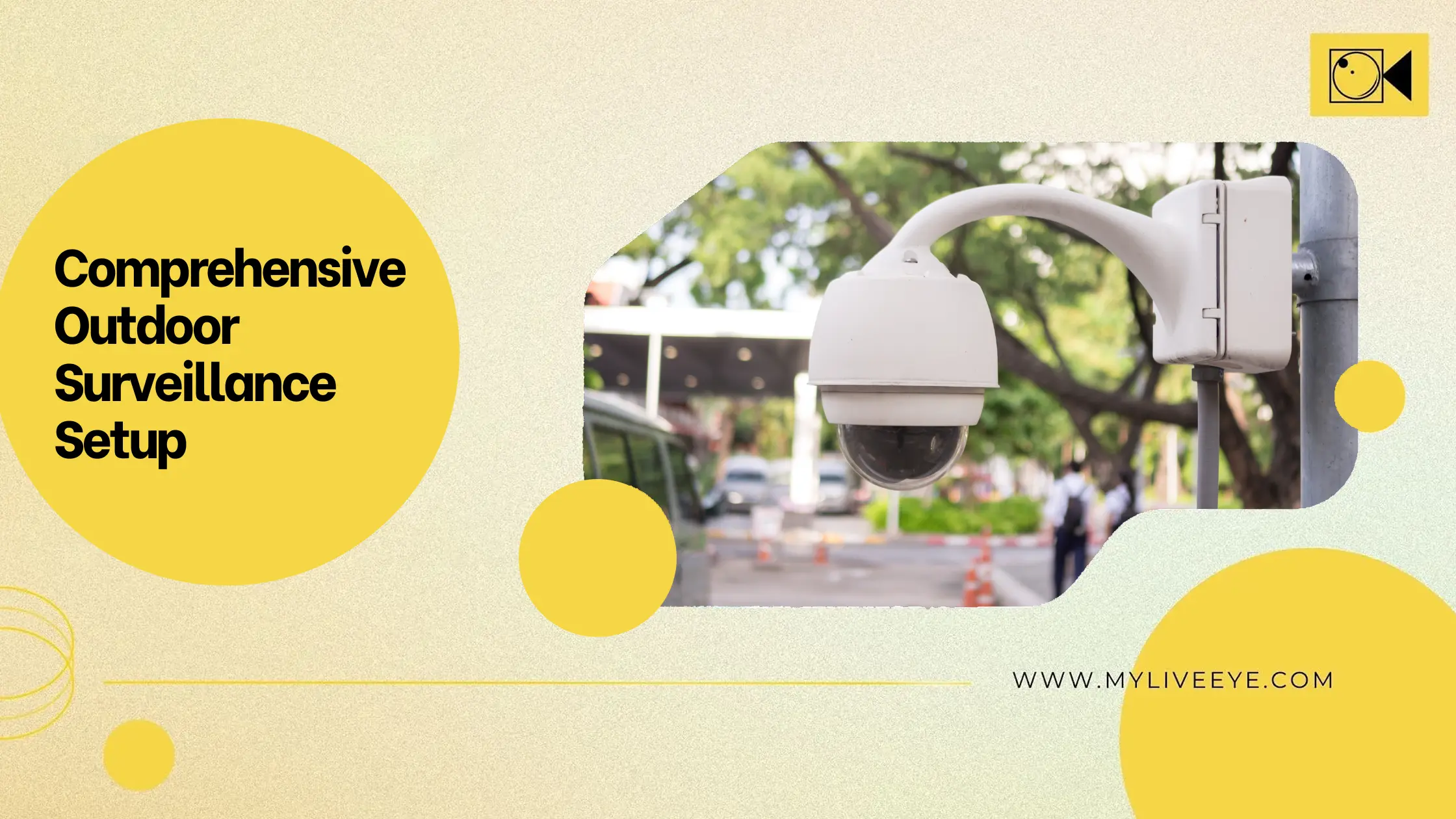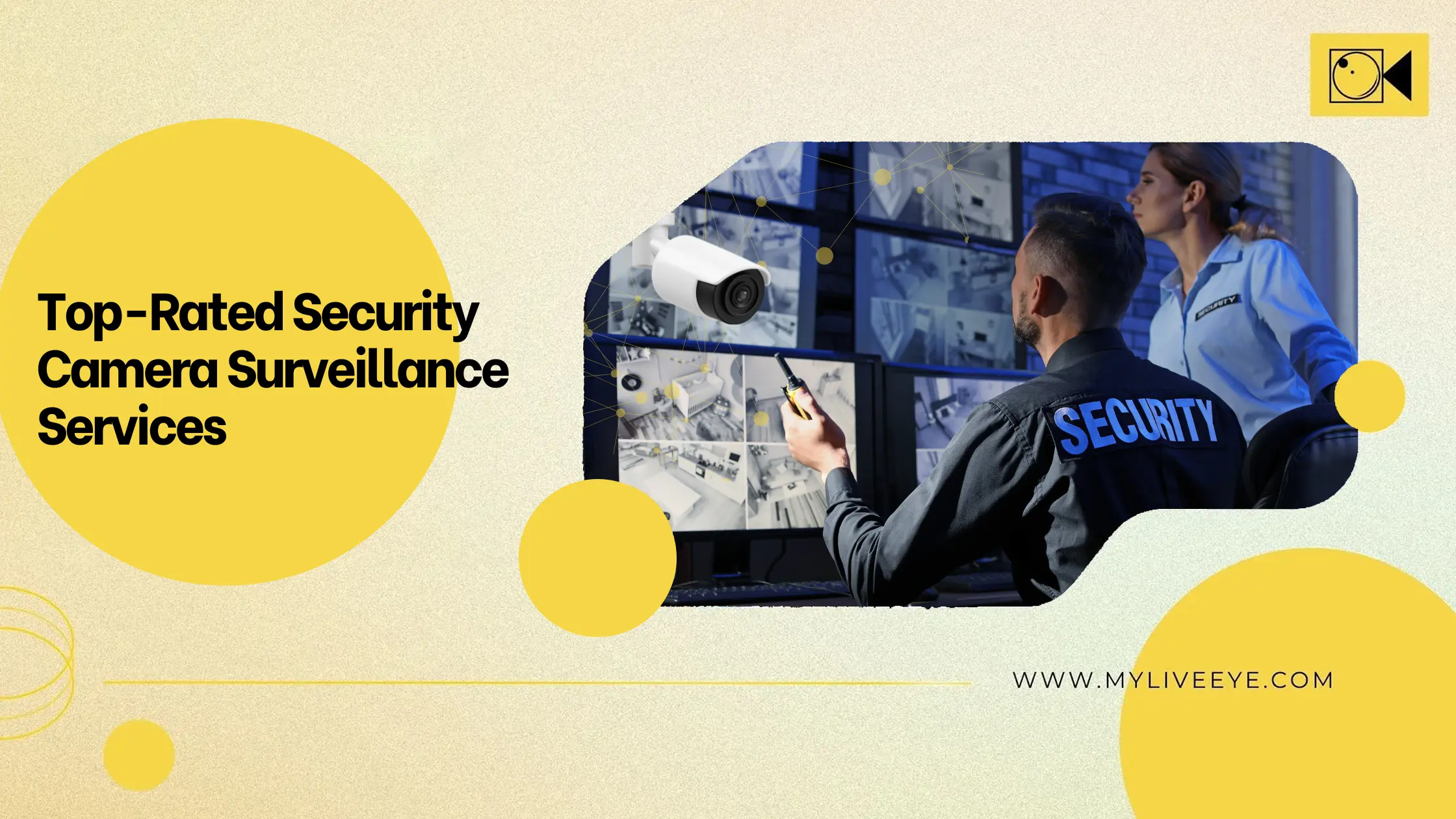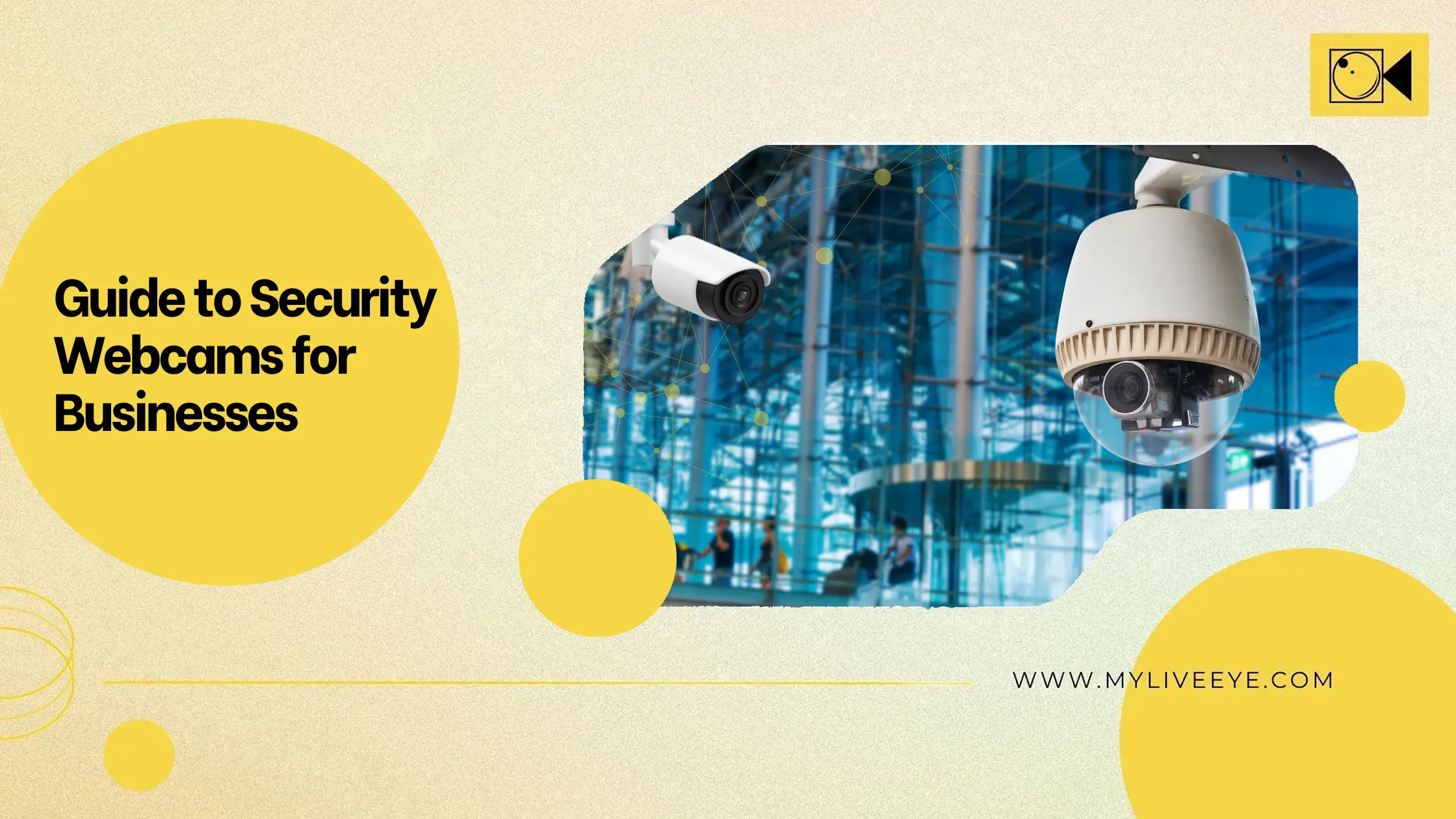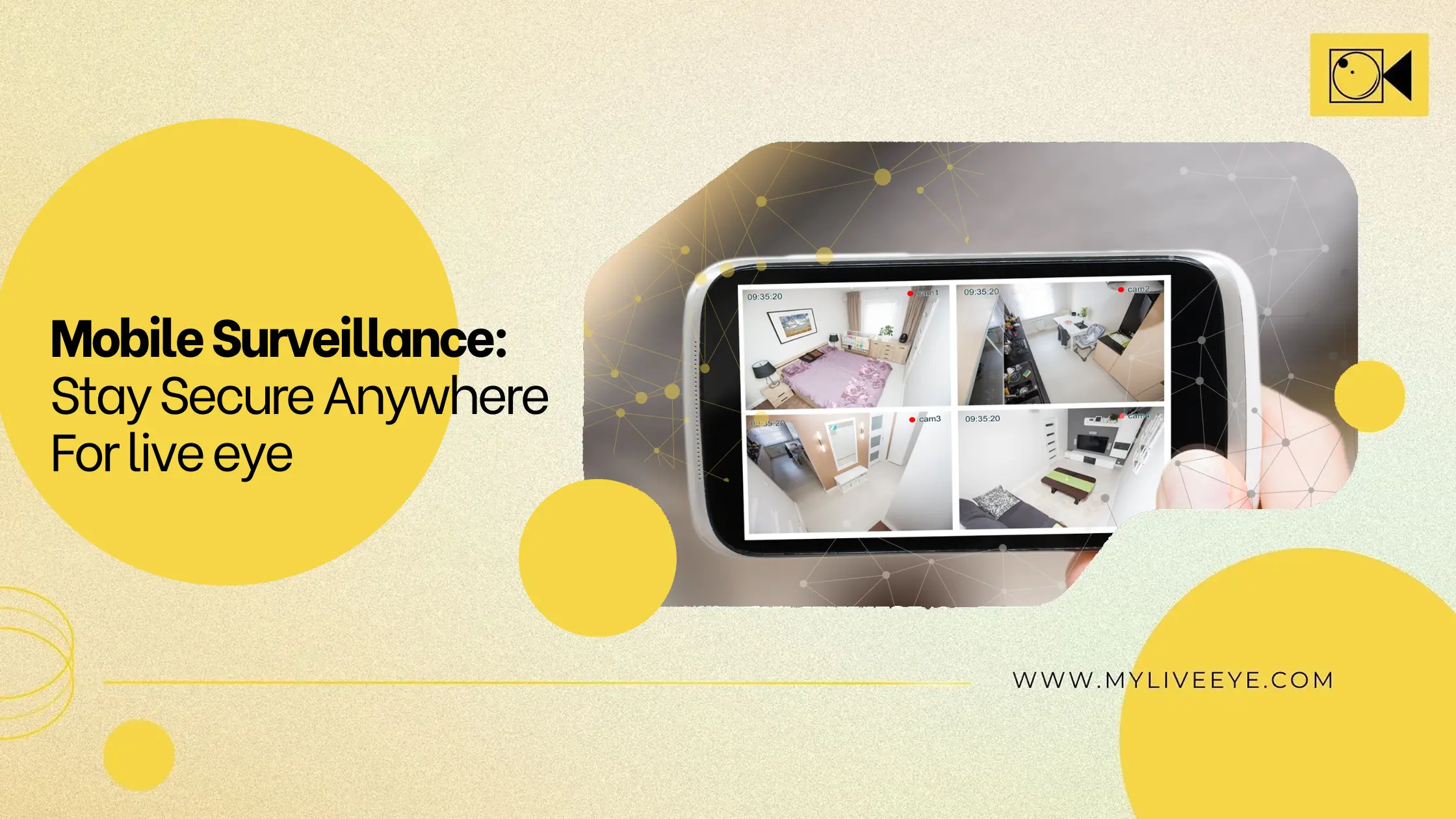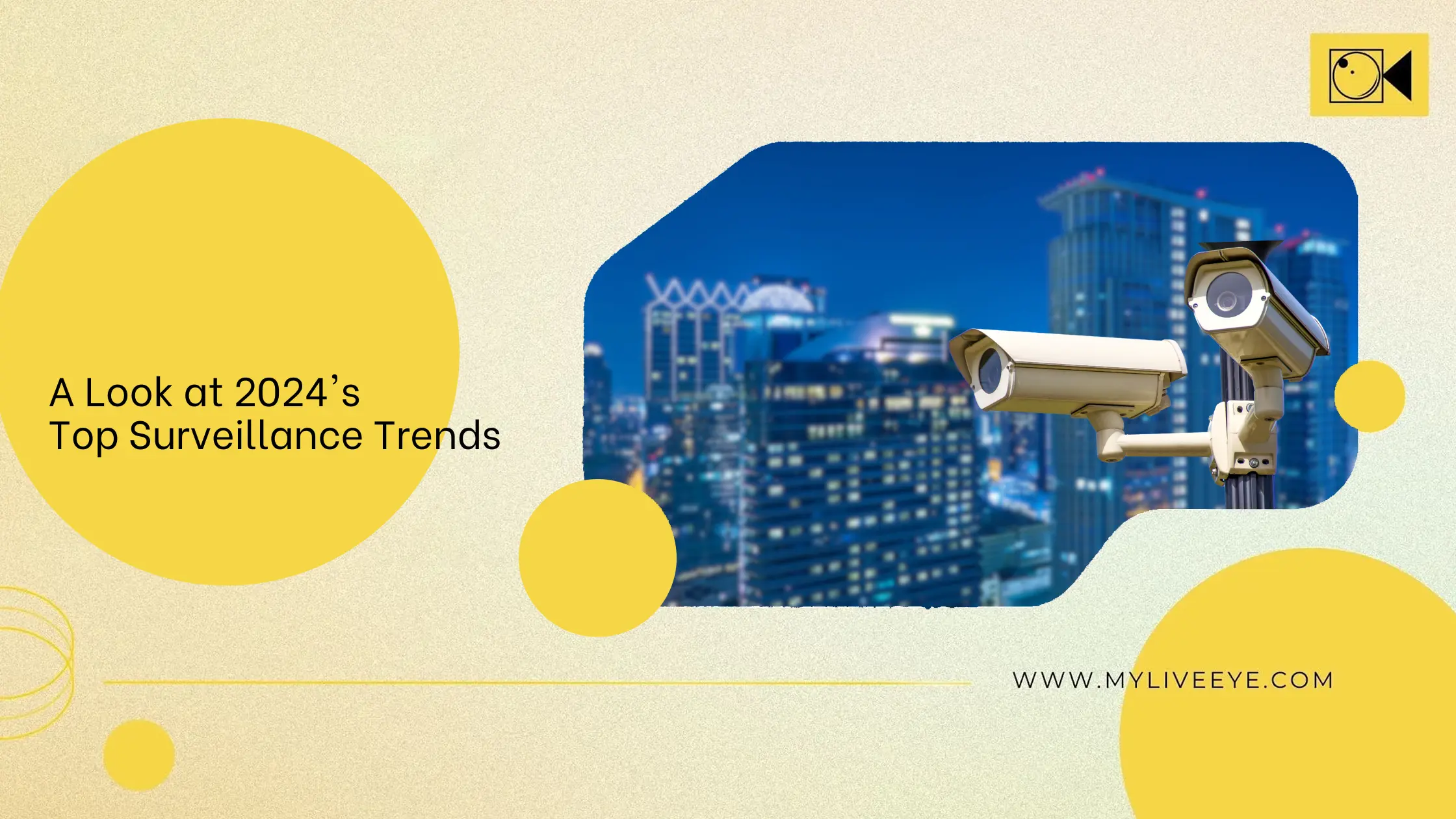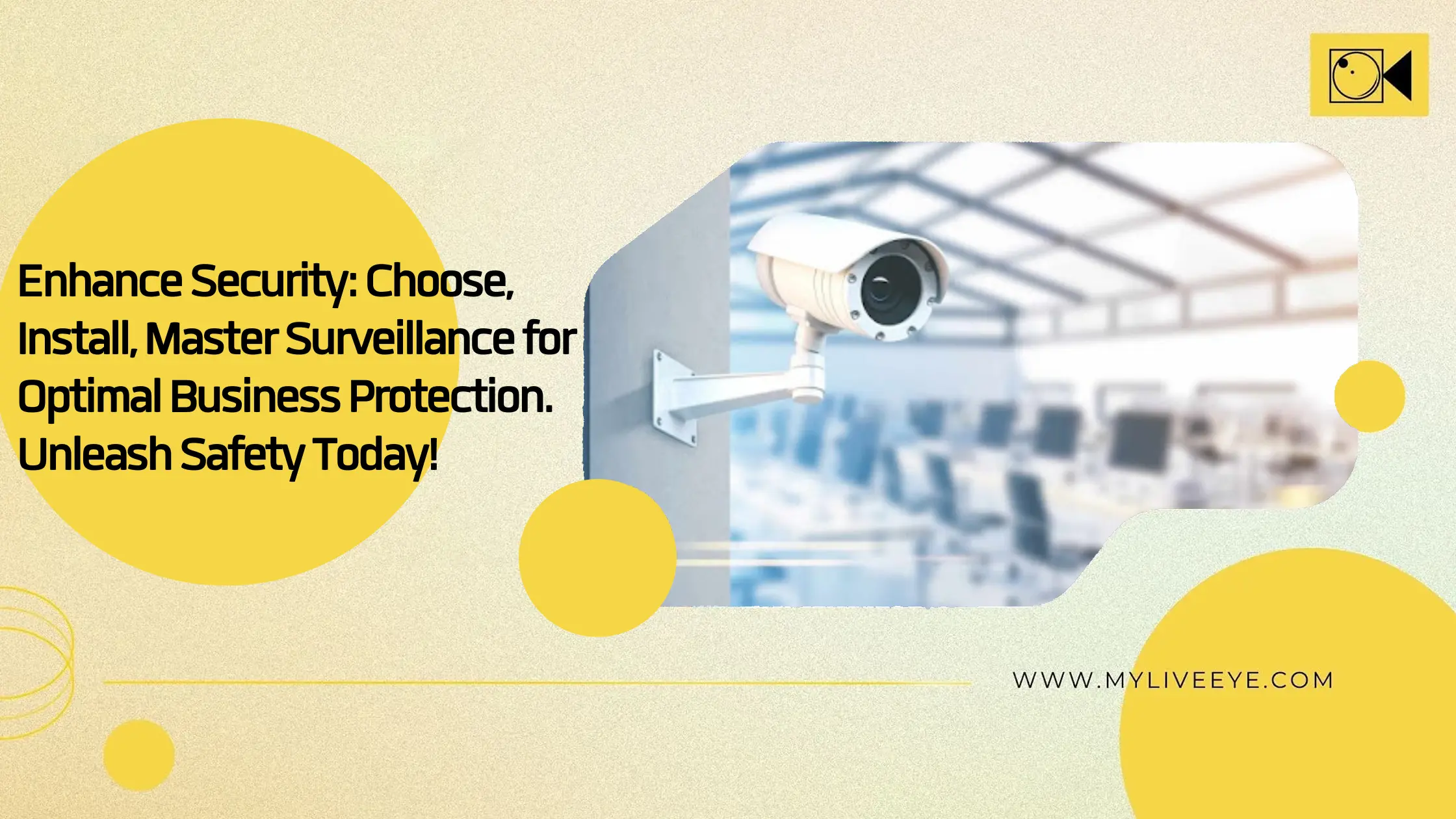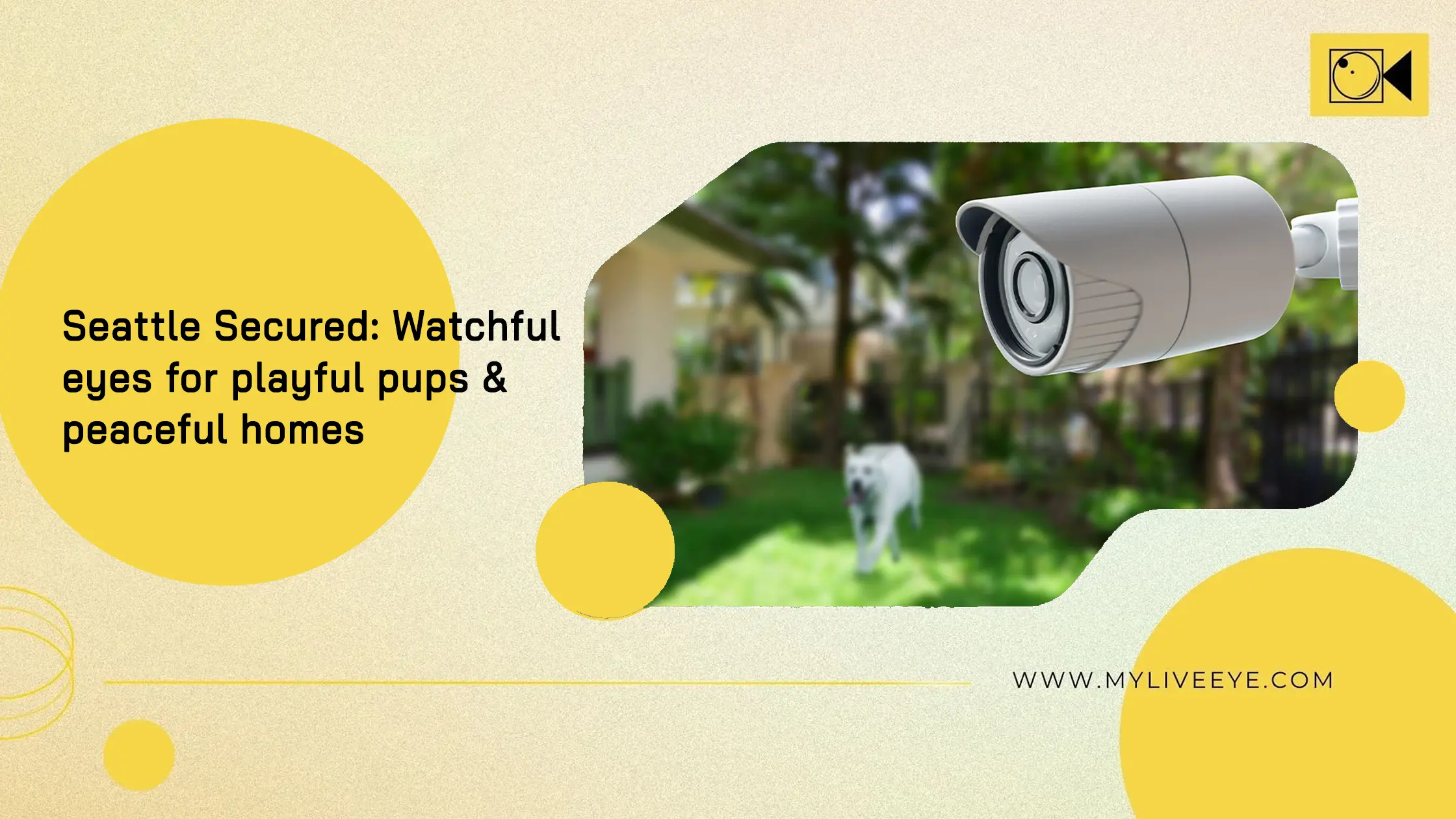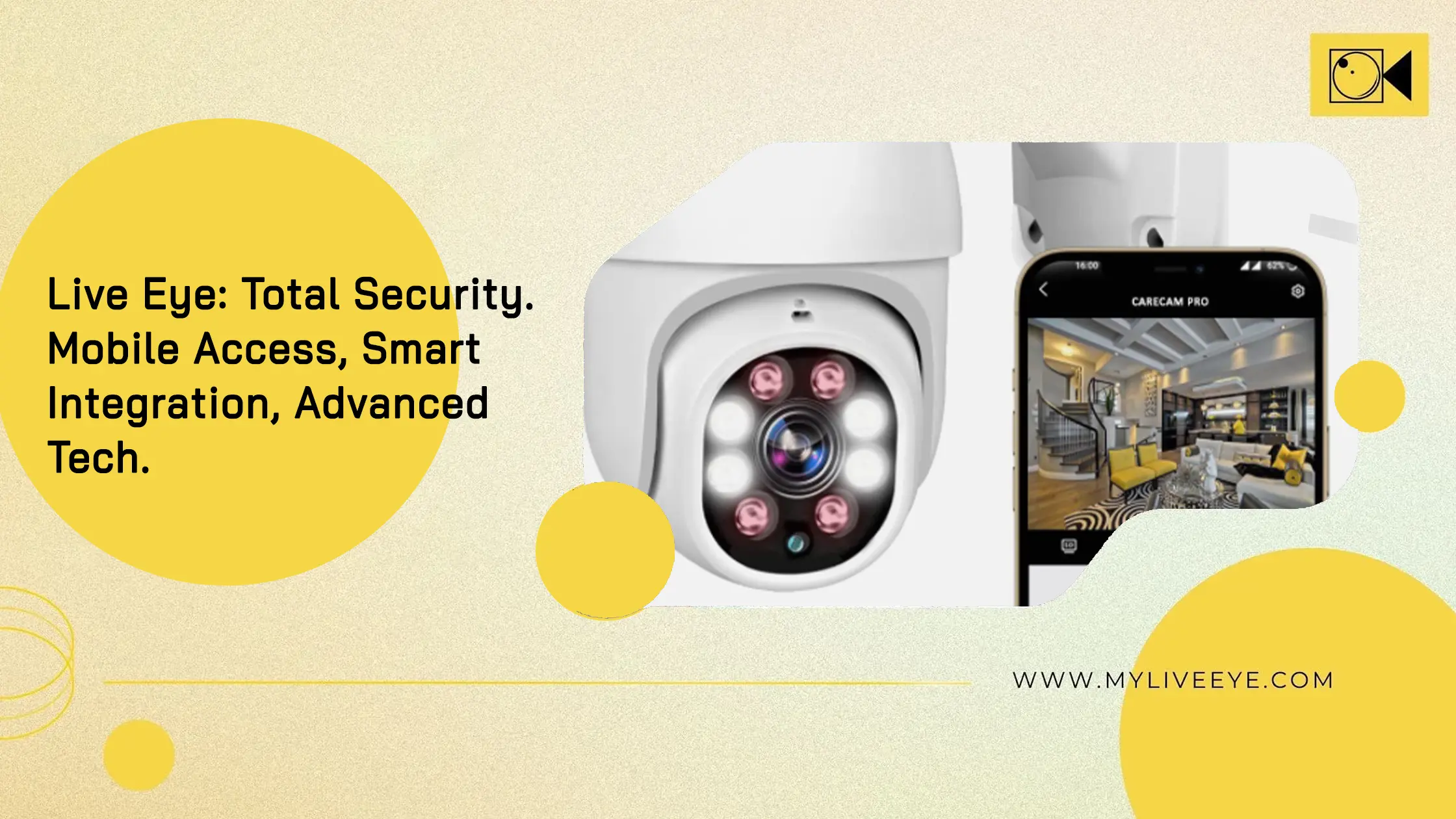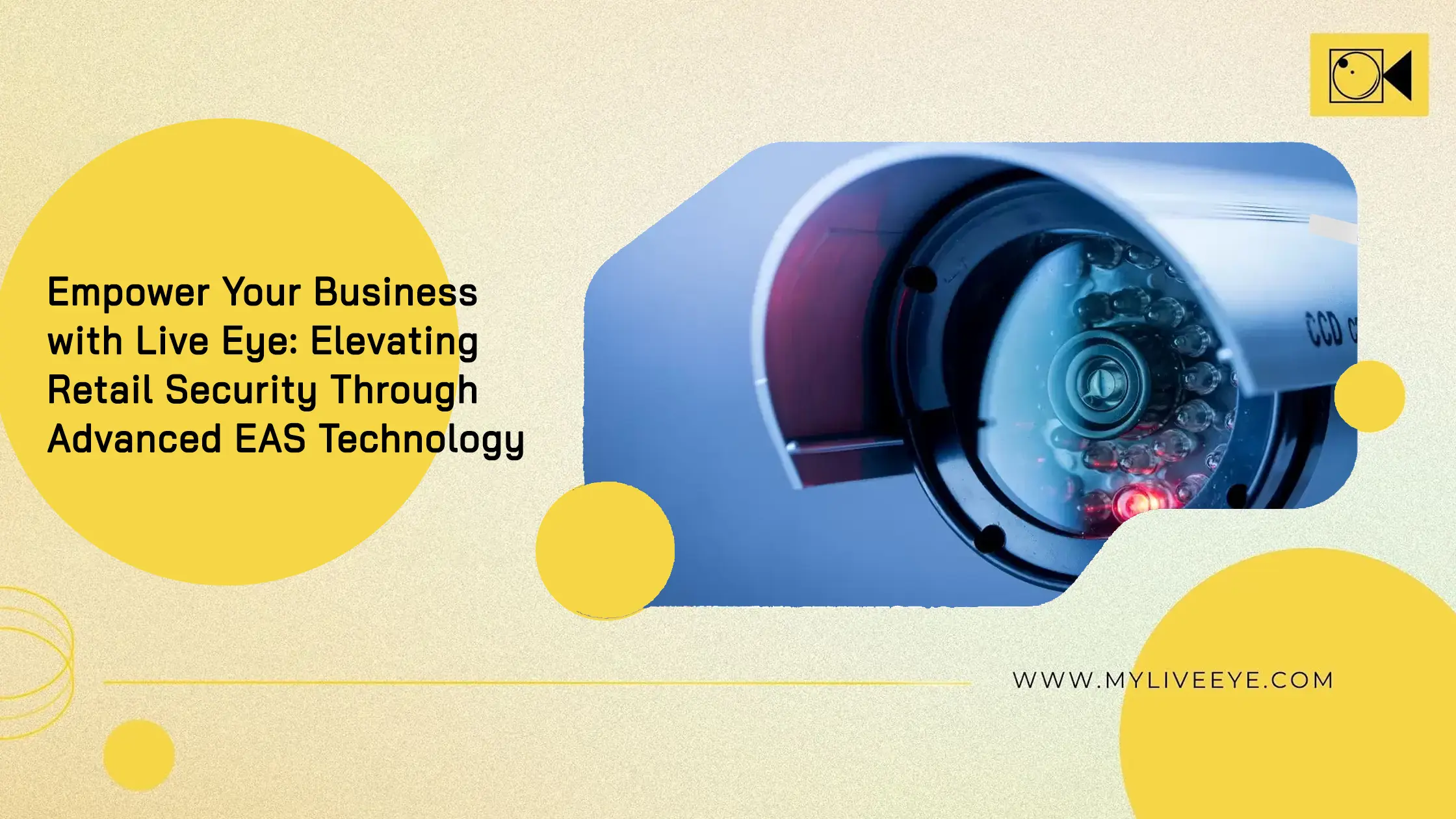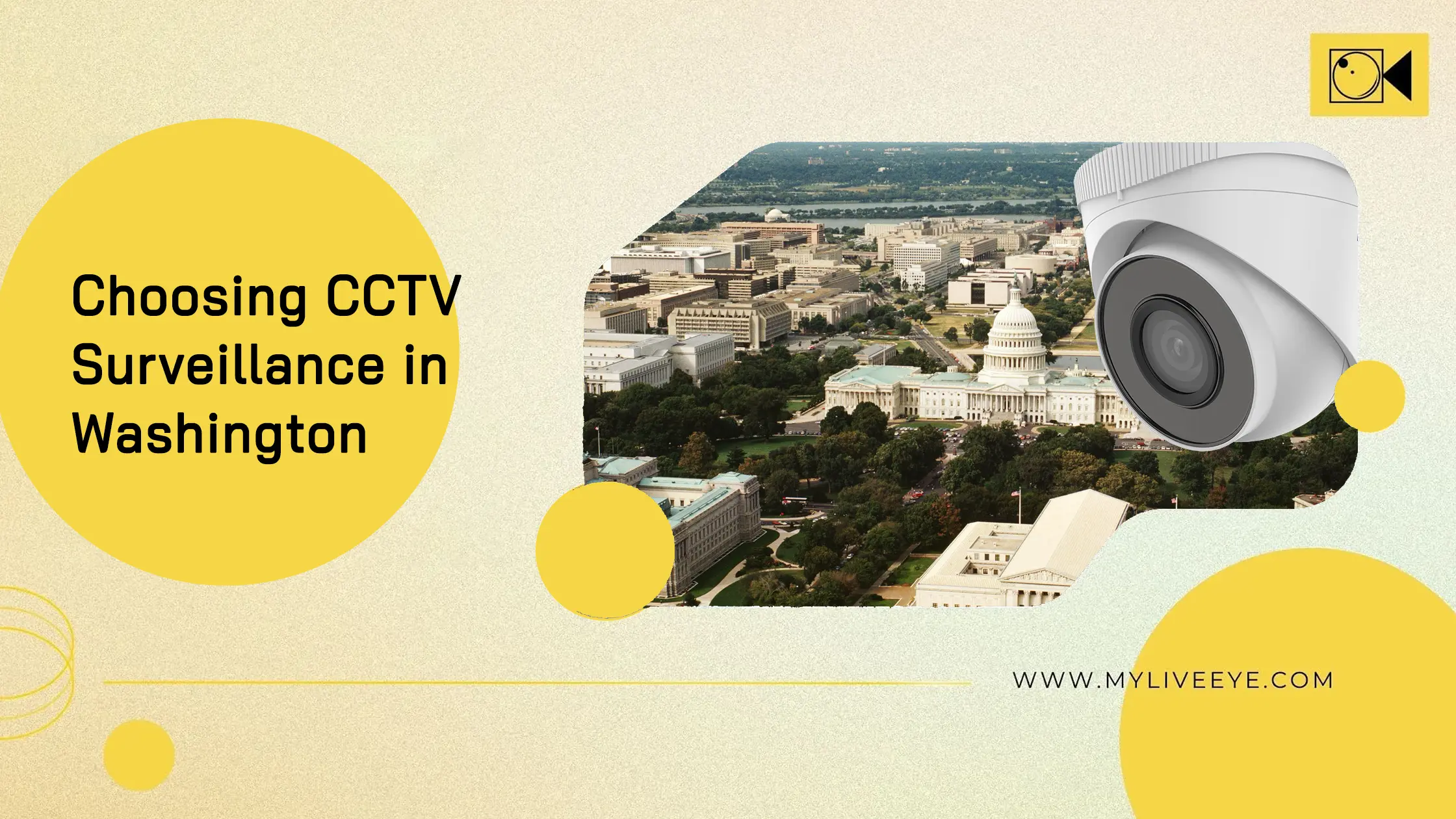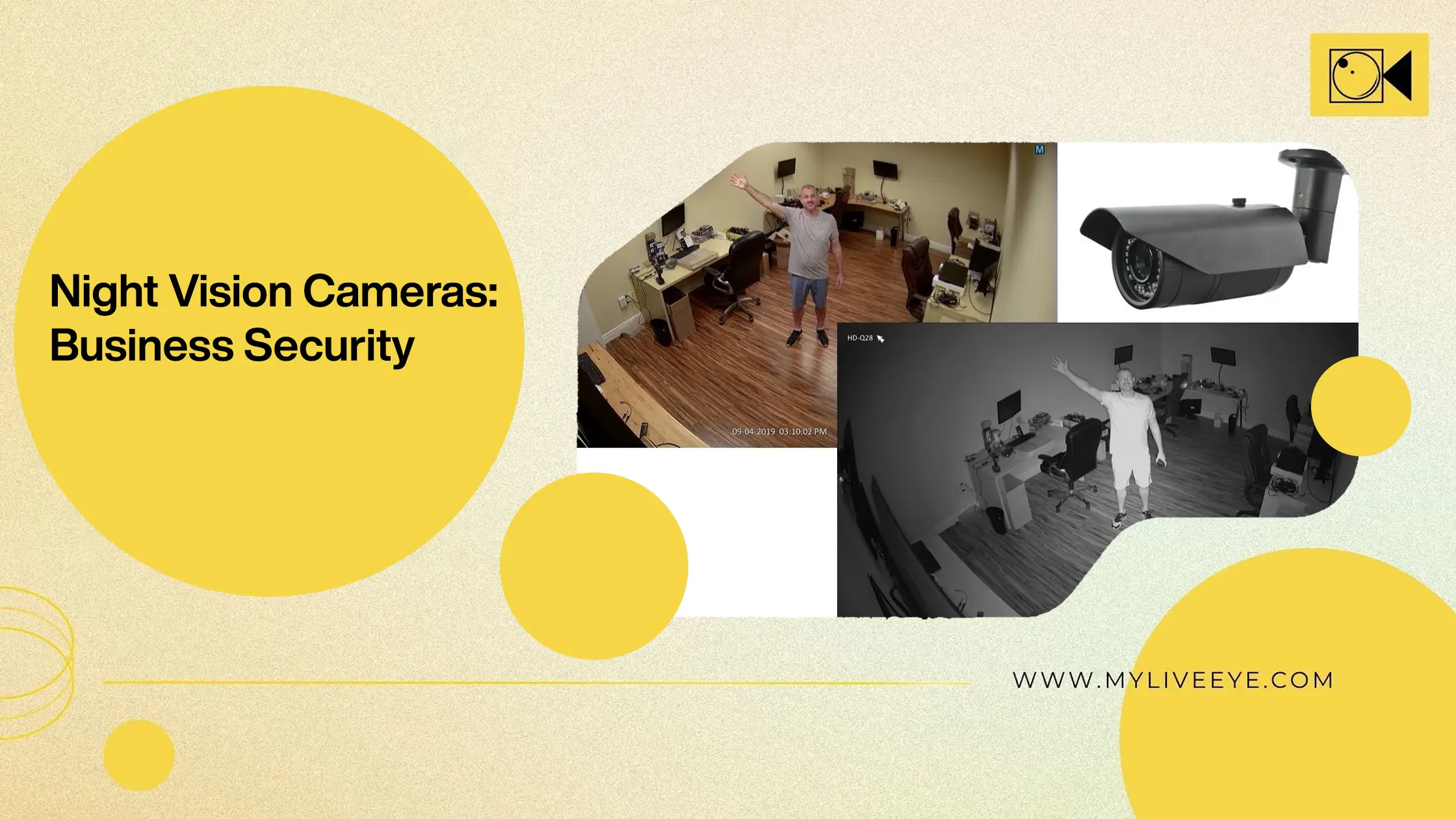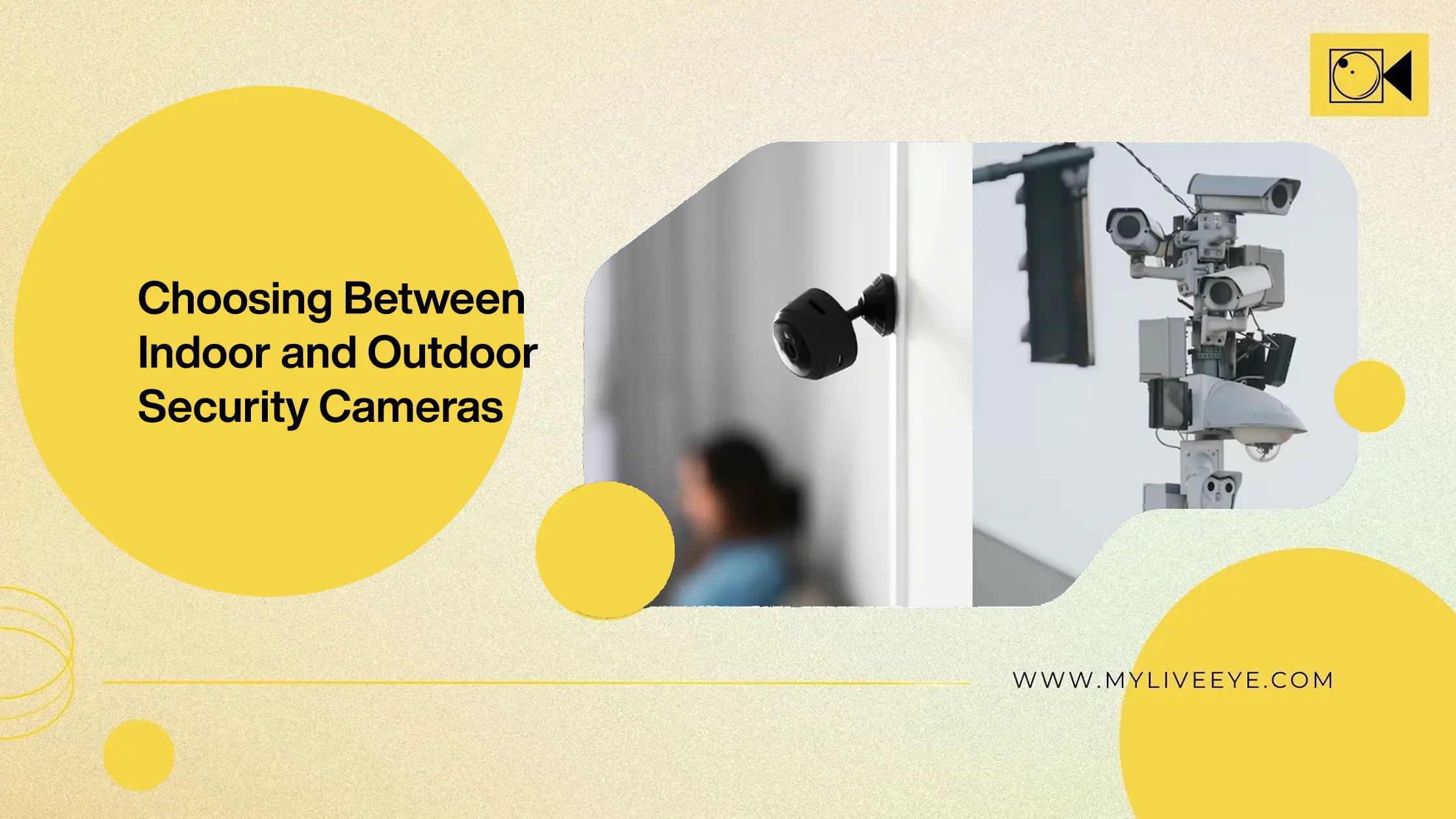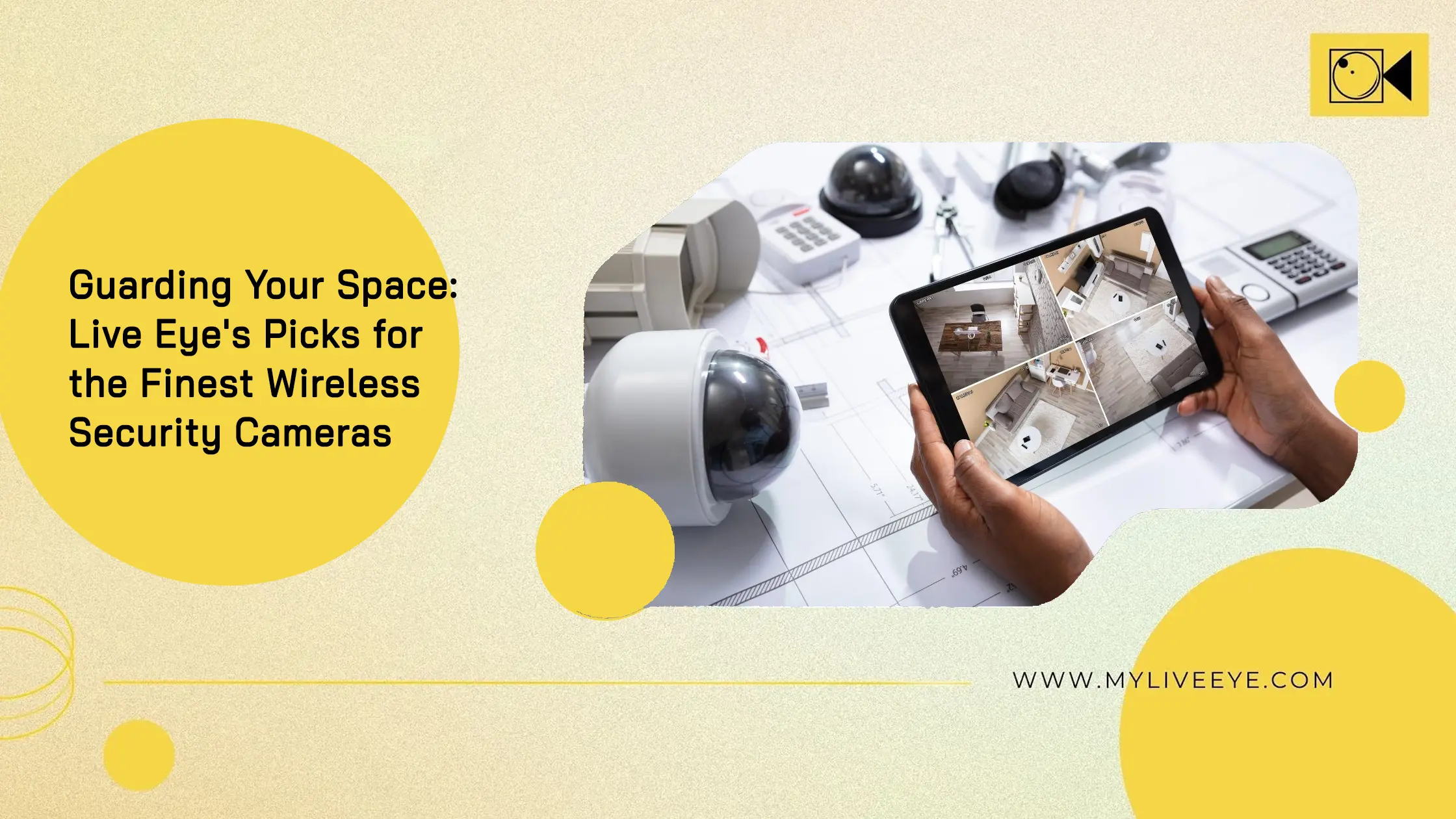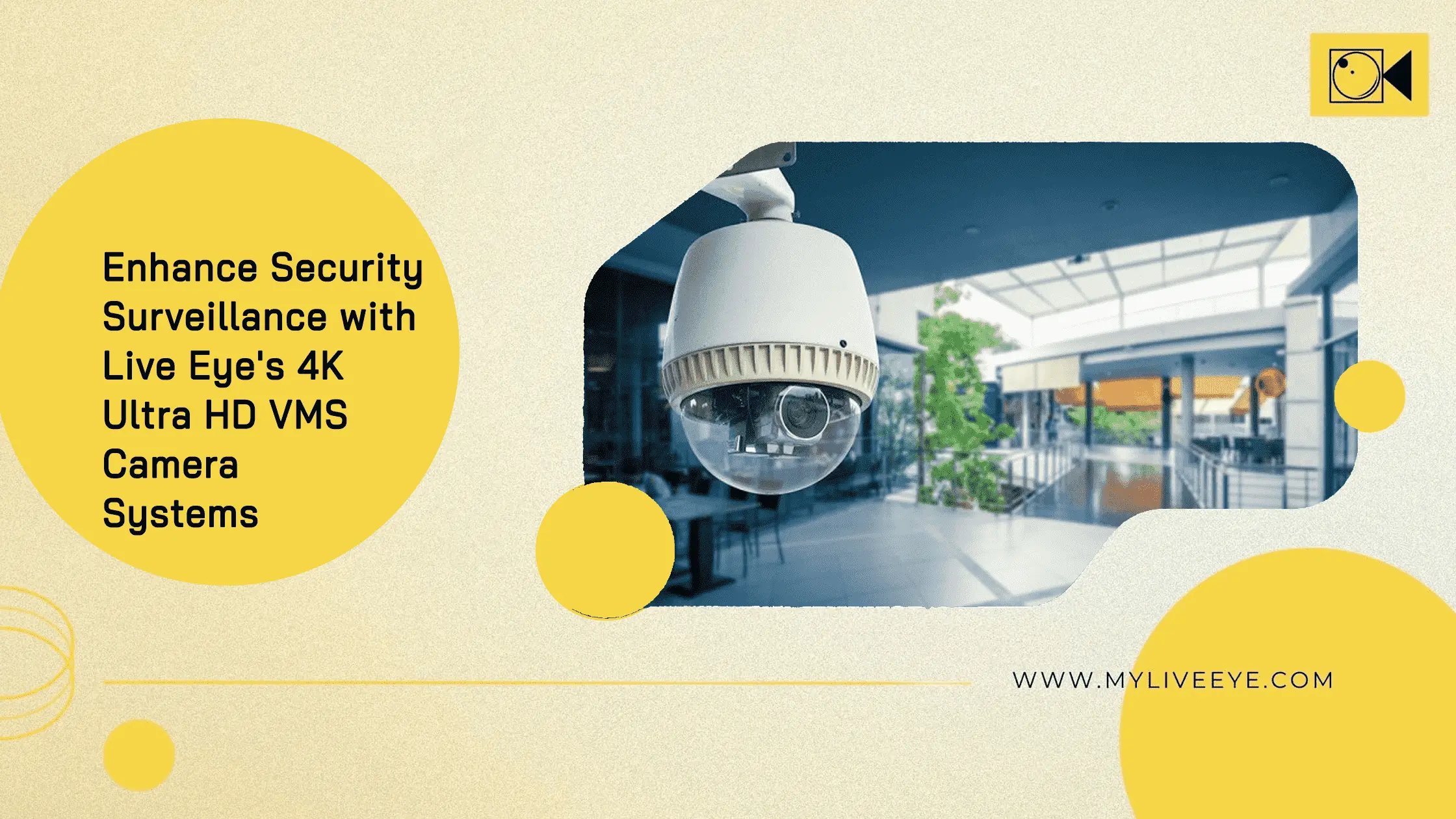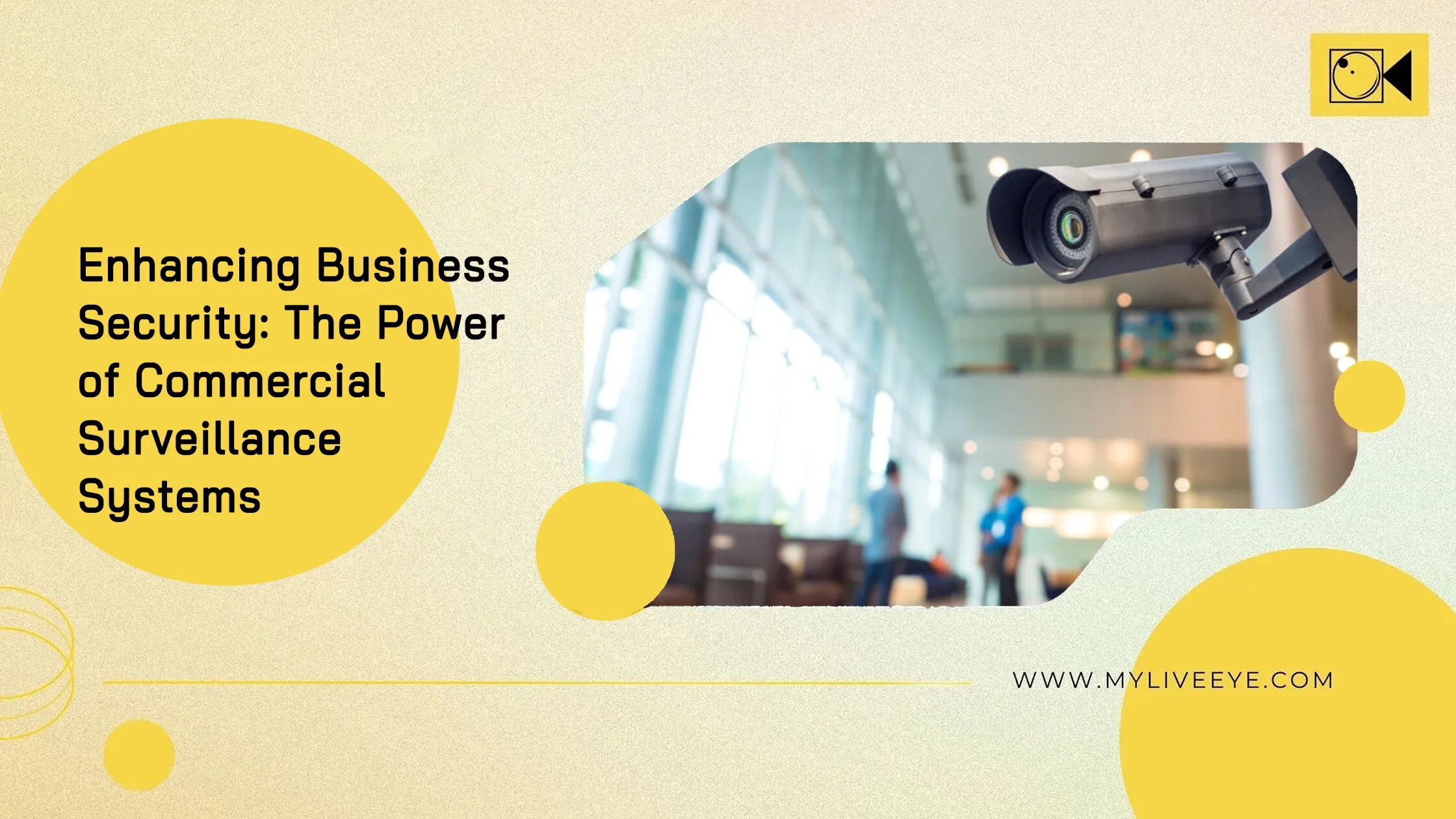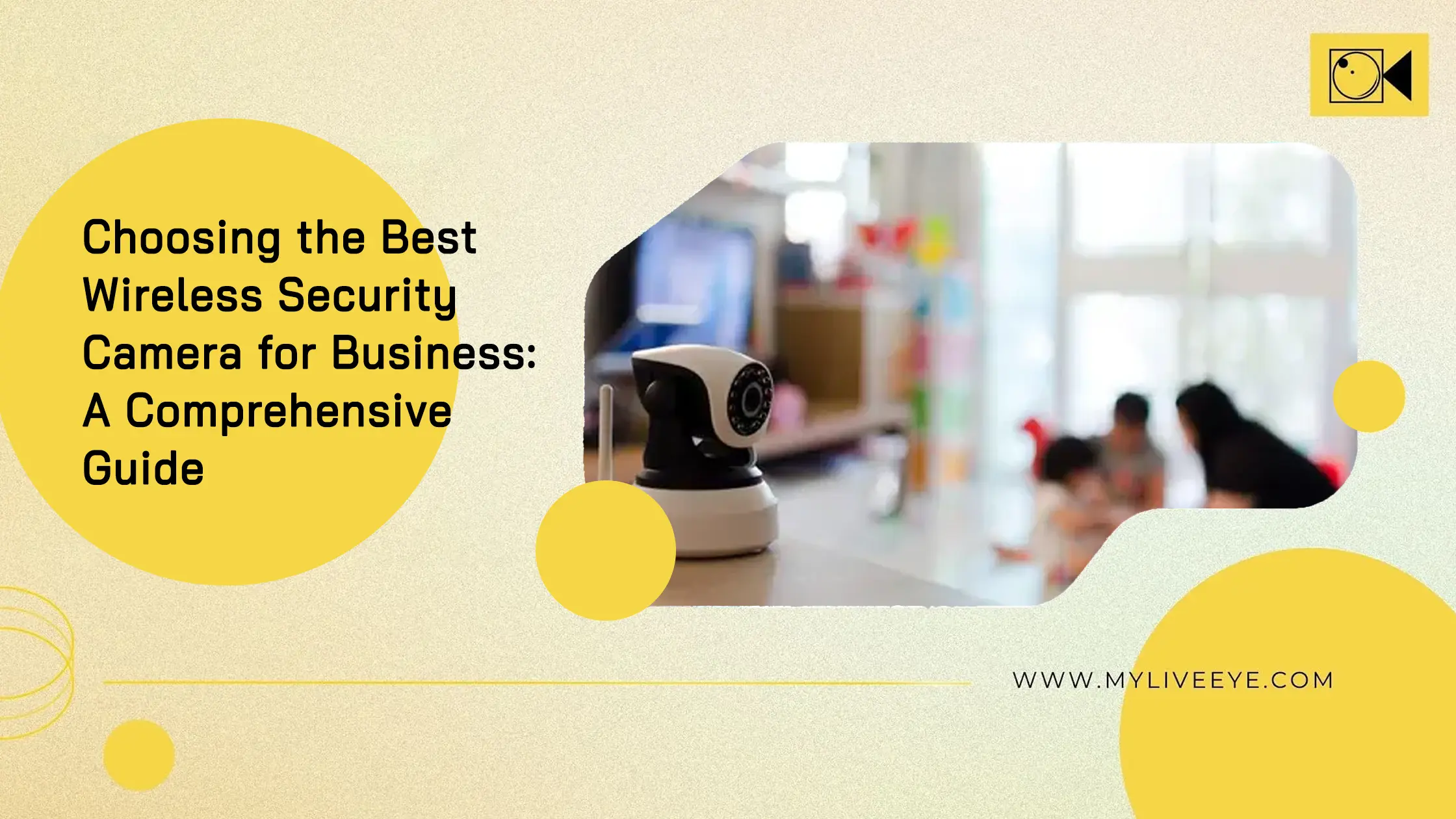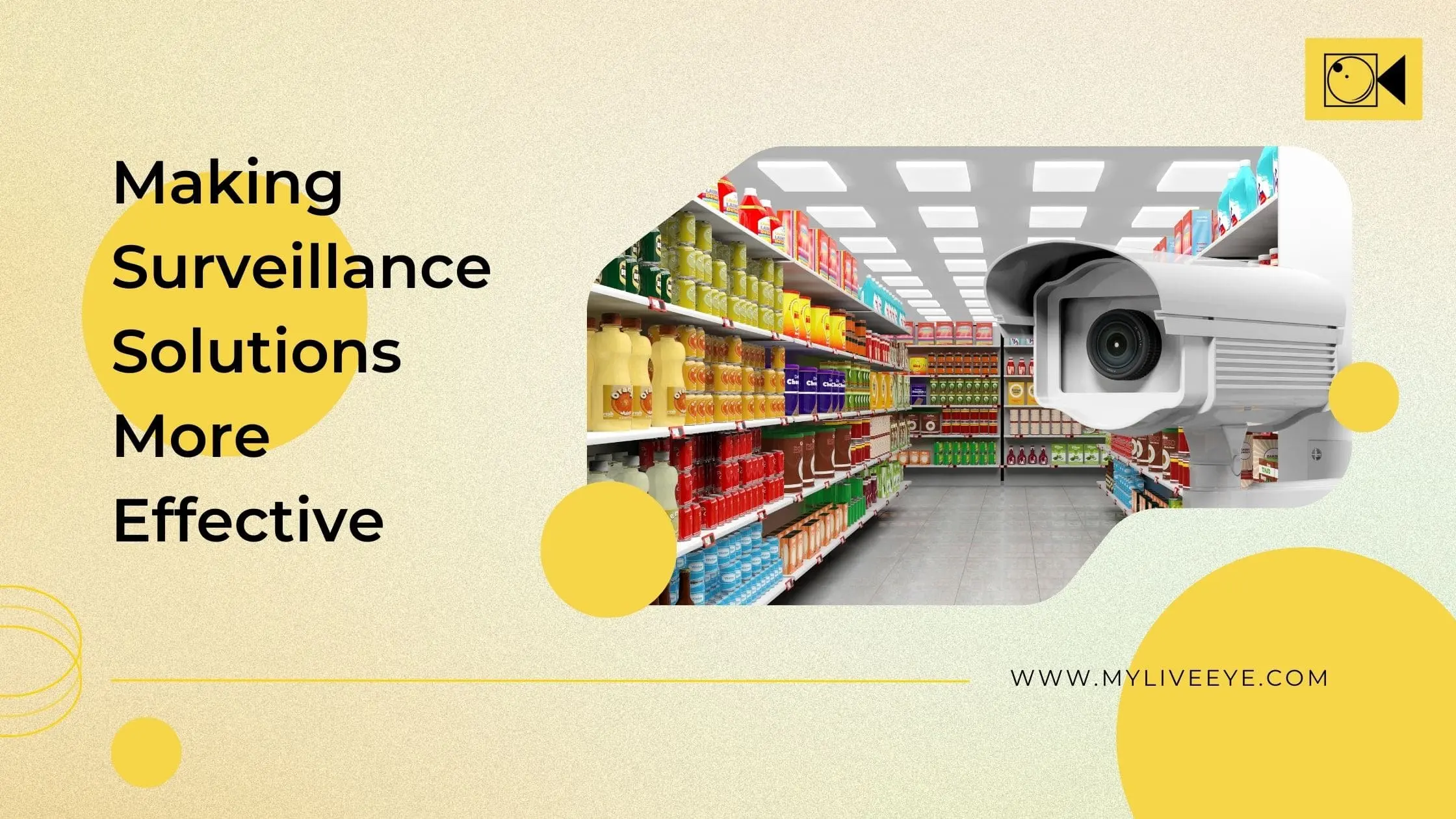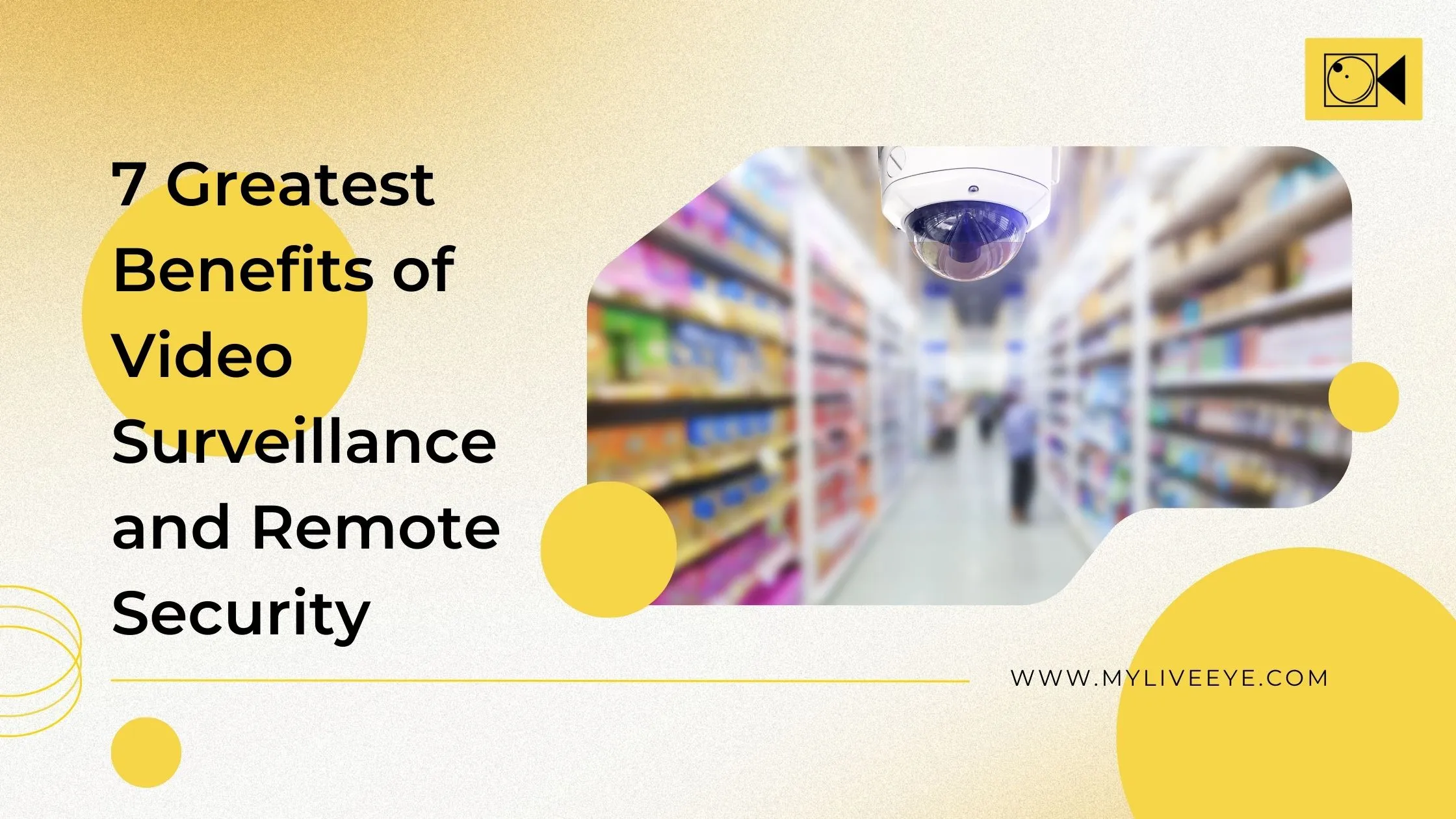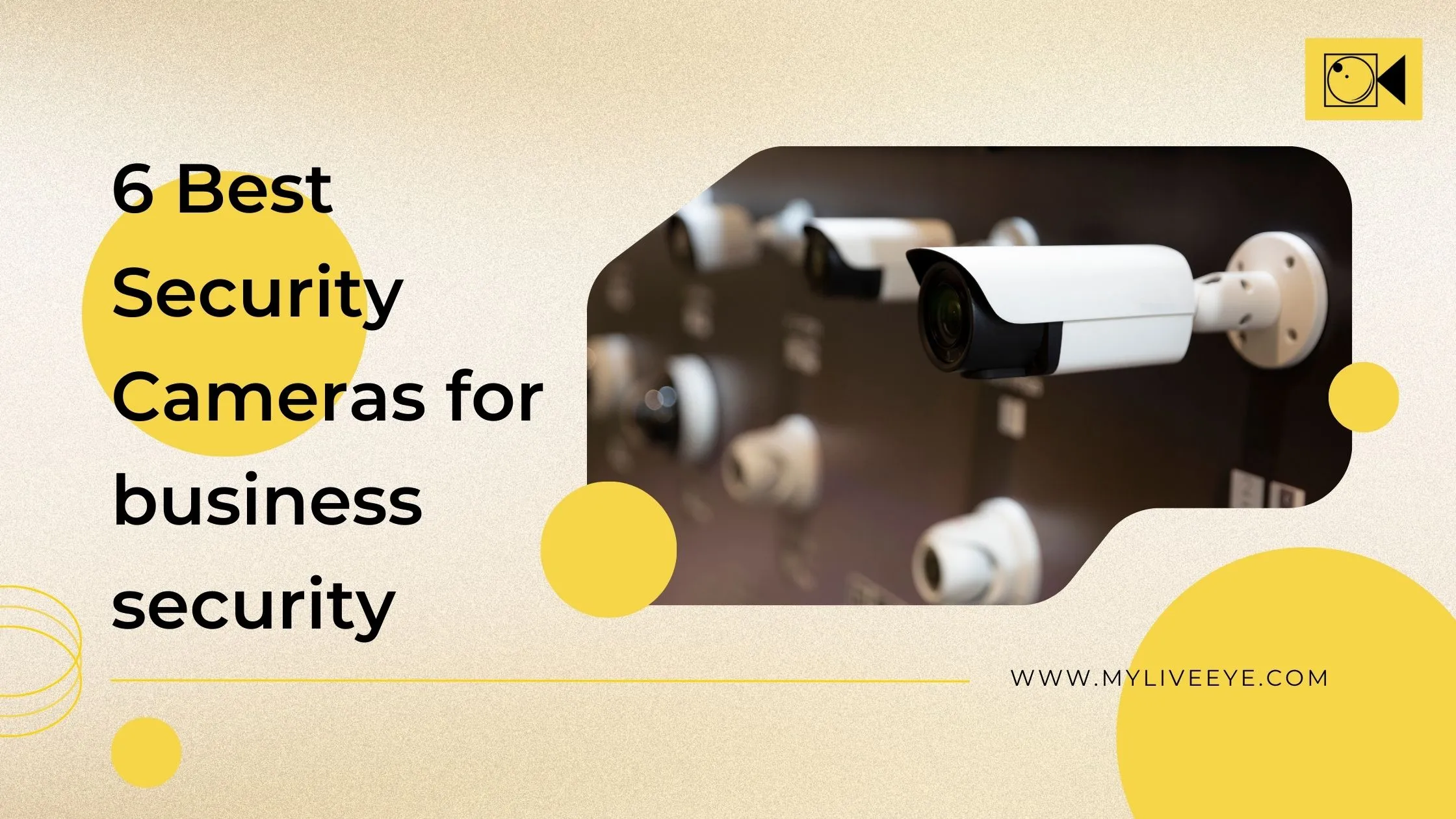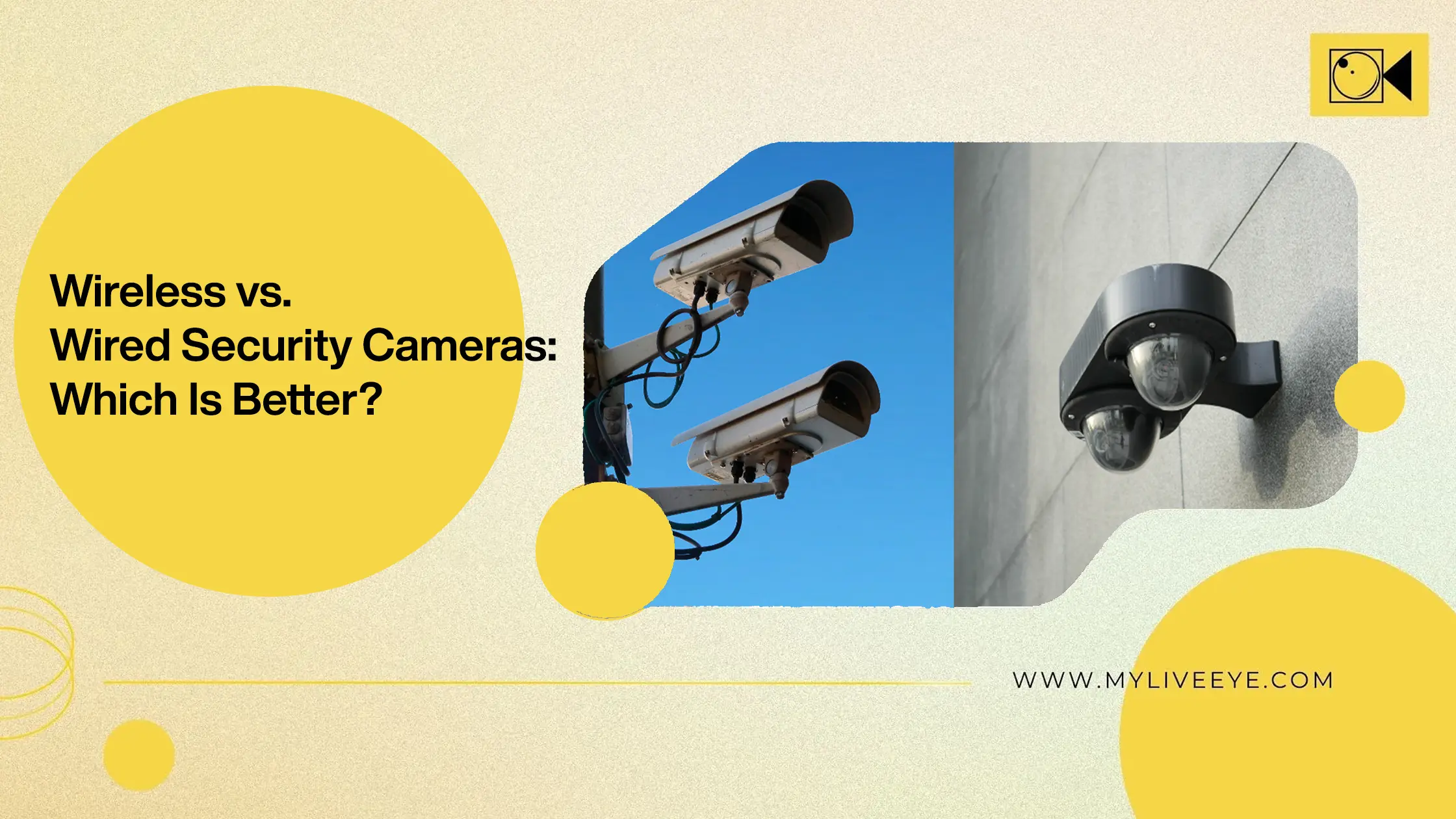
Wireless vs. Wired Security Cameras: Which Is Better?
The decision between wireless and wired security cameras has never been more important than it is now, when security and surveillance are of utmost importance. Choosing the best solution for your surveillance requirements can have a significant impact on the security of your property because both options have certain benefits and cons.
In order to assist you choose wisely for your security setup, we'll examine the world of security cameras in this blog and weigh the advantages and disadvantages of wireless and wired systems.
Wireless Security Cameras: Cutting the Cords, Not the Security
Wireless security cameras have gained immense popularity in recent years due to their flexibility and ease of installation. These cameras are equipped with built-in Wi-Fi capabilities, enabling them to transmit video footage and data to your chosen devices or cloud storage platforms without the need for physical cables. This seamless connectivity brings several advantages:
1. Easy Installation: Wireless cameras eliminate the hassle of drilling holes and managing long cables, making them an ideal solution for renters or those who want a hassle-free setup.
2. Flexibility: The absence of cords means you can place these cameras in various locations, both indoors and outdoors, to cover blind spots effectively.
3. Remote Access: With a smartphone or computer, you can easily access the live feed from your wireless cameras, giving you real-time monitoring and peace of mind wherever you are.
4. Scalability: Expanding your surveillance system is as simple as adding more cameras to your network, without worrying about wiring complexities.
However, wireless security cameras do come with a few caveats:
1. Interference: The wireless signal can be affected by other electronic devices or physical obstacles, potentially leading to signal dropouts or reduced video quality.
2. Power Source: While some wireless cameras rely on batteries, others need a continuous power source. Battery-powered cameras require regular maintenance and replacement, which can be inconvenient.
3. Bandwidth Usage: Streaming high-definition video from multiple wireless cameras can consume significant bandwidth, potentially affecting your internet speed.
Wired Security Cameras: A Foundation of Reliability
The foundation of surveillance systems has always been wired security cameras since they provide a consistent and dependable way to monitor. These cameras are physically linked by cables to monitors, recorders, or network switches. Here are some benefits of wired security cameras:
Choosing the Best Option for Your Needs
Your individual needs and preferences will ultimately determine whether you choose wireless or wired security cameras. Before choosing a choice, think about the following:
1. Location: Wireless cameras have a clear advantage if you need monitoring in places where laying cables is difficult or impractical.
2. Reliability: Due to its stability, wired cameras are the preferred choice for important surveillance situations when uninterrupted monitoring is required.
3. Image Quality: Wired cameras typically offer higher image quality if collecting high-resolution details is a priority, making them suited for situations like facial recognition.
Battery-powered wireless cameras need routine maintenance, whereas wired cameras require less upkeep over time.
1. Budget: Take into account the initial expenses of both solutions, taking into account not only the camera units themselves but also installation costs, additional equipment costs, and prospective cloud storage membership prices.
2. Expandability: If you plan to expand your surveillance system in the future, wireless cameras offer a more straightforward and scalable solution.
Conclusion
There are no one size fits all solution when it comes to the debate between wireless and wired security cameras. Each choice has its own set of benefits and restrictions. For individuals who value convenience, wireless cameras offer flexibility and simple installation, making them a terrific option. The reliability and improved image quality of wired cameras, on the other hand, make them the best choice for use in critical monitoring applications.
Consider your needs for surveillance, your budget, and your long-term goals before picking a choice. In some circumstances, a mix of wired and wireless cameras may provide the best of both worlds, allowing for flexibility where necessary while preserving a foundation of dependability. Ultimately, the choice between wireless and wired security cameras should align with your security goals, ensuring that your property and loved ones remain safe and well-protected.
Also read: Guarding Your Space: Live Eye's Picks for the Finest Wireless Security Cameras

